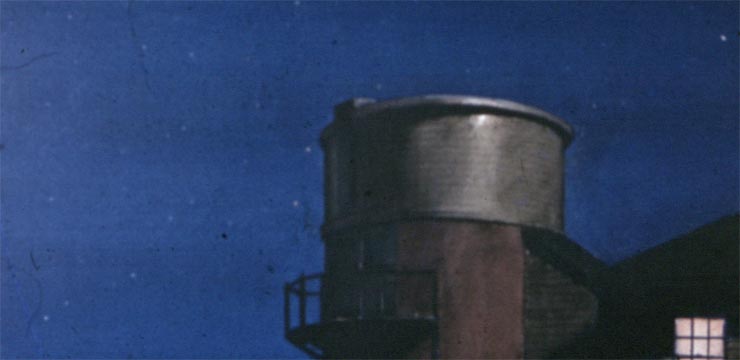
Perseids 2013 Observing Report
by Dave Huestis
After many years of bad weather and interfering moonlight, the Perseid meteor shower was well observed from Rhode Island.
Because the peak of activity was forecast for 3pm on August 12, I suggested in my monthly column that observers should attempt to observe this shooting star display on two nights: August 11-12 and 12-13.
The weather forecast for the 12-13 timeframe (Monday-Tuesday) did not look promising, so I decided to conduct an observing session on Sunday night into Monday morning (11-12).
I arranged to view the Perseids with my young apprentice, Alex Bergemann, from the dark skies of his home in Glocester.
We began promptly at 11pm. While we did view a total of 12 meteors from that time until 12:35 am, many were dim. I’m sure some of those weren’t even visible from more light polluted locations throughout the region. It was still an enjoyable night, lying out under the stars.
The sky was very transparent, and the temperature was in the low 60s. No mosquitoes! There was some moisture in the air, which scattered some of the ambient light from the more populated centers to the east. However, the Milky Way was very prominent, as was the famous Double Cluster between Cassiopeia and Perseus. At times the meteors were few and far between. Still, I never tire of scanning the sky for “burning rocks” to blaze across the sky.
Just as Alex was preparing to retire for the morning, we saw a brilliant Perseid, brighter than Venus, travel from zenith down the Milky Way towards the southwest. It was a nice conclusion to our observing session.
Within 30 minutes I was back home on my porch. I decided to spend another hour, hoping to see some even brighter Perseid fireballs (meteors brighter than -4 in magnitude). From 1:00am until 2:00am, I saw an additional 15 Perseids. While no fireballs presented themselves, it appeared that the meteors were getting a little brighter as the morning progressed. It was obvious that the rate of meteors per hour was also increasing.
Unless you have participated in this activity it is unlikely you can understand how peaceful and relaxing it can be. I often become very contemplative when I am stargazing. As you gaze up at the stars and see a portion of our Milky Way galaxy, you can really begin to comprehend how insignificant we all are in the vast Universe.
Are we alone? As I considered that question early this morning while I scanned the sky in the constellation of Cygnus, I imagined that perhaps one of the exoplanets discovered by the orbiting (and now inoperable) Kepler telescope may harbor intelligent life that may be looking back in my direction.



